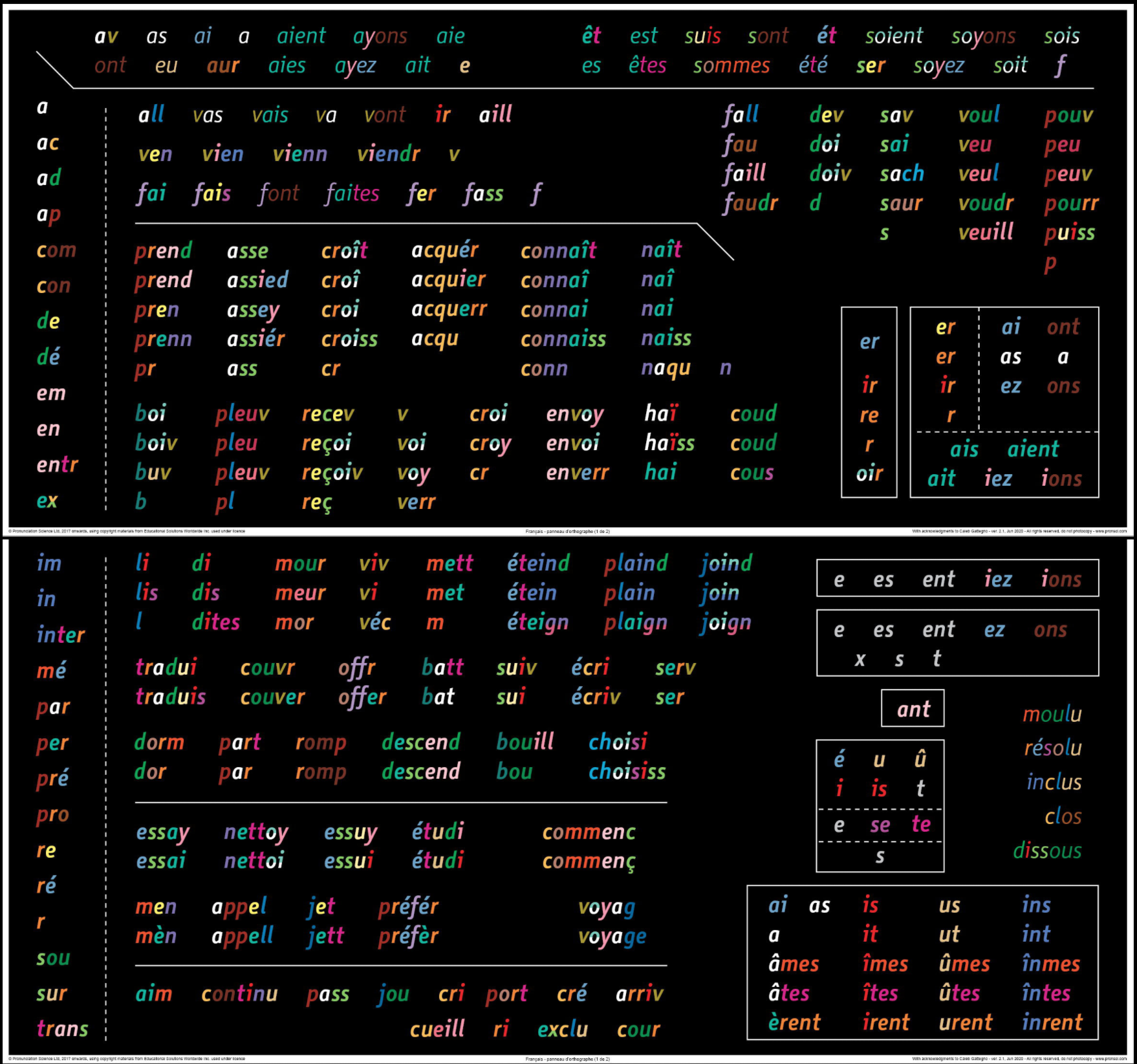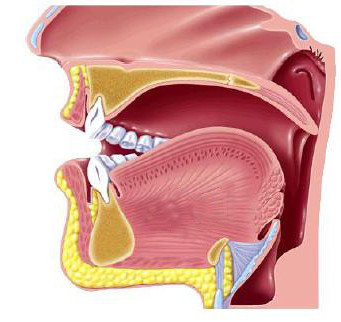As a student learning a new language, you may come across the term “function words”. But what are they, and why are they important to your language learning journey?

What are Function Words?
Function words are elements of a language that generate its grammar. In English, they are mainly words, but in other languages, they can be parts of words, such as endings. These words carry meaning for spatial, temporal, numerical, and personal relationships, and can also indicate doubt, uncertainty, politeness, formality, and informality. Every language has its own set of function words, which are different from content words that signify specific things.
The Importance of Function Words in Learning a Language
Although function words are common in language, they are difficult to define in a dictionary because they are part of the glue that binds content words together. However, they are relatively few in number, with English having only about 400. By learning how to use these function words, you can understand how English grammar works and have a strong foundation to learn content words that will help you communicate better.
Examples of Function Words
Examples of function words in English include prepositions (in, on, at), conjunctions (and, but, or), articles (a, an, the), pronouns (he, she, it, they), and auxiliary verbs (be, have, do). These words do not carry specific meanings on their own but are essential in constructing meaningful sentences that convey ideas, opinions, and feelings
Using Wall Charts to Learn Function Words
One effective way to learn function words is through wall charts, which is a technique used in the Silent Way method. These charts enable students to see the grammar of the language all the time, and they don’t need to memorize the items. By looking, pointing, and making sentences, with guidance and feedback from the teacher, students can gradually become familiar with how to use these words in context.
Mastering Grammar through Familiarity and Use
By understanding the role of function words and how to use them, you can master grammar through familiarity and use. This approach eliminates the need to struggle with rules and memorization and instead provides a gradual process of becoming more certain about how the language works. Eventually, you will be able to combine verbal elements like a native speaker and express your thoughts clearly and accurately.
In conclusion, function words are an essential part of any language, and understanding their role is crucial to mastering grammar and communication. By using wall charts, familiarizing yourself with function words, and practicing their use, you can develop your language skills and become a confident communicator.





Leave a Reply